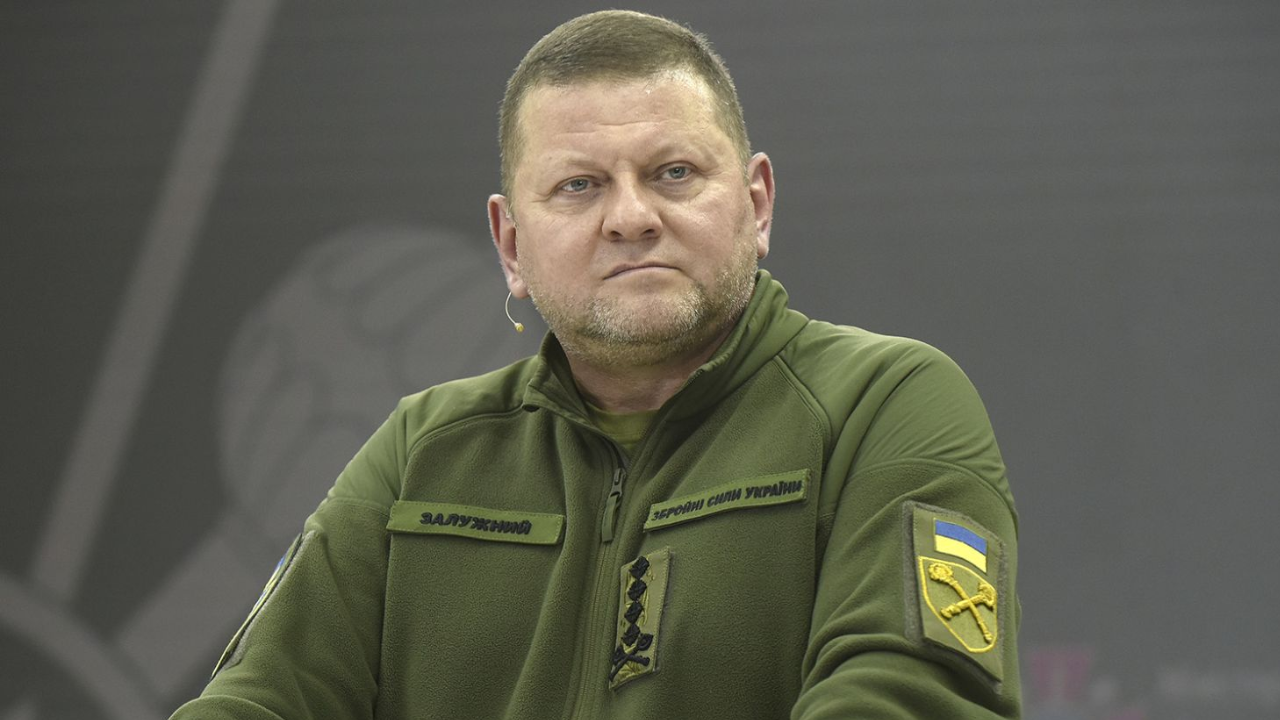Sports
Vamos, Allez, Let’s Go: Tag Europe Explores the Language of Sporting Emotion | LBBOnline

What is the language of sudden emotion?
When we feel something strongly, exclamations tend to abound. Whether you’ve stubbed your toe or hit the jackpot, we usually have something to say about it – and often via a stream of four-letter words.
These exclamations are knee-jerk responses, connected to a deep, automatic part of us. If you have the benefit of being multilingual, it makes a direct shortcut to whichever language you feel the most keenly in.
Being as we’re currently knee-deep in the Euros, hope and the promise of glory – those two bastions of the beautiful game (which some might say hasn’t come home to England for such a long time that ‘it’ can be officially classed as a missing person) – spur us on to whatever fate awaits us and all the teams partaking in this year’s tournament.
So, with our cultural curiosity piqued, we decided to take a look at how people in other countries get behind their local teams, what they shout, when, and most importantly – why.
Equally curious, our friends at LBB got wind of what we were doing and stopped by to see what we’d managed to uncover:
LBB> To help our readers understand the process you employed, tell us where do you start your research when it comes to a topic like the Euros?
Rik> Football is by far the most widespread sport in Europe, but far from the only one. We first focused our research on which other sports nations excel in or follow strongly, such as hockey in Czechia, boxing in Albania, and water polo in Croatia. So the first question to our linguists had to be which sports are followed/played in their country.
Then we looked at chants associated with those events, starting with those along the lines of “Go [name of country]!” opening up to more colourful expressions, the background and interpretation of those, before looking at idioms associated with activities. These are embedded in historical or cultural events, like how we ‘drop the ball’ or ‘throw in the towel’ or dare to utter ‘they think it’s all over – it is now’..
LBB> In your research some of the countries you looked at included Germany, the Netherlands, France, and Spain. What kind of commonalities in chants and supportive phrases did you find?
Rik> At a base level the similarities are where you’d expect them to be, from expressions like “Allez les bleus !” (Come on the blues!) in French, “Auf geht’s, Deutschland, schießt ein Tor” (Come on Germany, score a goal) in German, “Oranje boven!” (Orange on top!) in Dutch and “¡A por ellos, oé!” (Go get them, oe!) in Spanish. Even when we move across Europe, we see the same sentiment: support for the team, rallying behind their team colours etc., from “Kom så, Danmark, kom så, Danmark!” (Let’s go Denmark, let’s go Denmark!) in Danish, to “Češi, do toho!” (Czechs, let’s go!) in Czech and lines from various national anthems – it’s very much what you’d expect.
Other phrases are around galvanising support or teasing the opposing team, like with “Het is stil aan de overkant” (It’s quiet on the other side!) when the Dutch team are ahead, or “My chceme gól!” (We want a goal!) in Czech. Perhaps unsurprisingly countries that share similar linguistic roots have borrowed phrases, like “Kdor ne skače, ni Sloven’c. Hej, hej, hej!” (Whoever doesn’t jump isn’t Slovenian, jump, jump, jump), and “Kdo neskáče, není Čech! Hop, hop, hop!” (Whoever doesn’t jump isn’t Czech, jump, jump, jump) to fire up the crowd and rally behind their team.
LBB> And what were the main – or the most stark – differences between them?
Pablo> This is where things get really interesting. Much like Skinner and Baddiel’s ‘Three Lions on a shirt’ from 1996, some chants tap into popular culture, from the Italians chanting “Po po po po po po po” (and also the Danish with Lå, lå, lå, lå!), to the tune of “Seven Nation Army” by the White Stripes, stemming from its adoption as an unofficial theme during the 2006 FIFA World Cup, to the Germans joining together for a chorus of “Dann hebt er ab und völlig losgelöst von der Erde schwebt das Raumschiff völlig schwerelos” (Then he lifts off and, completely detached from the earth, the spaceship floats weightlessly) from Peter Schilling’s 1983 hit ‘Major Tom (Coming Home)’ when Germany scores a goal on home soil or the Hungarians getting behind “Az éjjel soha nem érhet véget” (The night will never end) by Soho Party, or the Spaniards singing along to “Paquito el chocolatero” (Paquito the Chocolatier).
Perhaps the most interesting findings were from the idiomatic expressions that stem from football, which are too numerous to list fully but really show how deep these phrases permeate the culture of a country, from “Ils vont mouiller le maillot” (They will wet the shirt) in French, to indicate the team will need to play hard or ‘sweat’ to win, or “Пустити/зловити метелика” (To let in/catch a butterfly) or ‘miss a goal’ in Ukrainian. Italy has some colourful expressions within fencing, such as with “Partire in quarta” (Start in fourth) which indicates starting a project or even a discussion with great energy, guile and enthusiasm. The ‘fourth’ being a very offensive fencing position, capable of carrying out a fast and often decisive attack, similarly with “In punta di fioretto” (The tip of the blade), an expression used to indicate a careful, delicate, complex and refined way of speaking, similar to “De bal inkoppen” (To score with a header) in Flemish, also meaning to respond in a clever way to something. So we can see finesse take various shapes within sporting parlance.
Technical terms can differ even when countries speak the same root language, so in Austria you’d say “Match”, “Corner”, “Ball out”, “Offside”, etc., whereas in Germany it would be “Spiel”, “Eckball”, “Eckstoß”, “Ball im Aus”, “Abseits” etc. Duality comes forward in many places such as with “Žvižgač” (Whistleblower) in Slovenian which carries the same dual meaning as in English for both the referee as well as somebody calling out illegal/unsavoury conduct.
LBB> When it comes to sport, and football in particular, there are sometimes unsavoury aspects to how fans behave and the kinds of things that they say. How do you navigate these aspects during transcreation?
Pablo> Obviously there were a few references and chants which border on sensitive and inappropriate, from historical references to just being more than a little rude, which whilst entertaining probably don’t belong in print here, but what’s interesting is when countries veer away from that. For instance, in Danish with “Roligan” (‘Calm-igan’, or ‘Anti-hooligan’) – where the Danish take pride in being responsible, level-headed and considerate football fans, they want the game to be about the game and having a great time and are proud of that fact. Aside from that you get typical light jibes such as “Szemüveget a bírónak!” (A pair of glasses to the referee) in Hungarian, a phrase which nearly every country has their own version of.
LBB> And having reviewed all of this, do you feel there are any conclusions that can be drawn?
Rik> Yes. Simply put, no matter where you go, sport and supporting your country make for powerful sentiment. The history of each country’s sporting achievements echo throughout their idiom, and in turn become part of the culture that fuels it as it moves forward and incorporates new elements. Each play, each special moment can coin a phrase that remains for years to come and plants itself within the national psyche.










